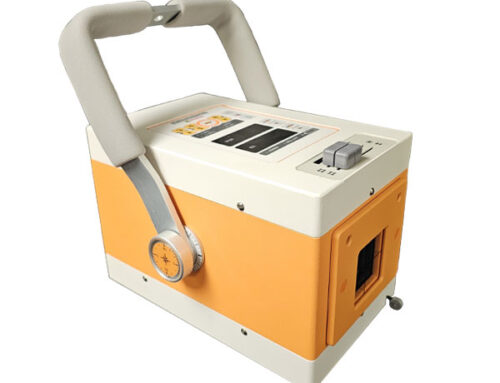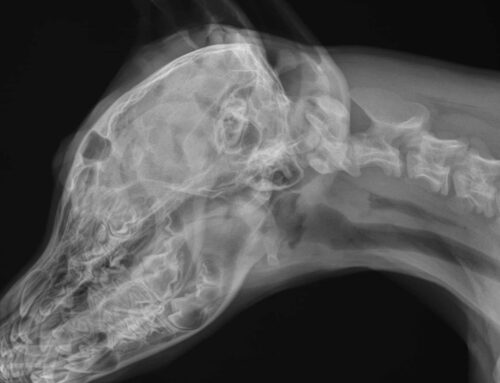It’s often said that vet technicians are the gatekeepers to veterinary care. The unsung heroes of the practice, these dedicated practitioners typically complete a 2-year program with accreditation by the American Veterinary Medical Association (AVMA). Licensing, certification and registration requirements for vet technicians vary by state.
What does a veterinary technician do?
It all depends on the type of facility, but it’s always about assisting vets in the care of their animal patients. Duties include a wide variety of tasks from record-keeping, to vaccinations, to medication administration, to providing a cuddle to a scared pet. General tasks could include:
- Observing animal patients for changes in behavior
- Preparing animals for exams or surgery
- Giving animals nursing care or first aid
- Collecting and test lab samples
- Taking and developing X-rays
- Giving medications, shots, or treatments
- Collecting and maintaining patient records
What career paths are open to a veterinary technician?
One thing is for sure…it’s all about working with animals. But there’s more than one way to put a degree to use. While performing the generalized duties of a VT, one may find themselves drawn to an area of specialization like:
Critical care: Providing emergency care to sick or injured animals
Veterinary internal medicine: Researching general wellness and preventative medicine for animals
Zoo keeping: Caring for animals in zoos or aquariums, etc.
As veterinary technology improves and grows, so do the opportunities for VT careers. Many vet technician education programs off the opportunity to specialize concurrent with general training. Specific areas of focus include, but are not limited to:
- Avian Medicine
- Biomedical Research
- Clinical Pathology
- Dentistry
- Emergency Medicine
- Exotics
- Hospital Supervision
- Large Animals
- Small Animals
- Surgery
Whether you choose to study a specialized subject or not, there is a broad variety of facilities you can work at: labs, private clinics and animal shelters, to name just a few.
Career Advancement
Practice Managers and Field Managers often begin as Vet Techs. Keep in mind that these are less about working directly with animals and more about interacting with people. Quite often, advancement includes providing education and/or business management. Animal-direct or people-direct, VTs have plenty of rewarding career choices.
Getting a credential, such as the Certified Veterinary Technician (CVT), Licensed Veterinary Technician (LVT), or the Registered Veterinary Technician (RVT)—which are commonly bundled under the umbrella term credentialed veterinary technician by the administering National Association of Veterinary Technicians in America—can enhance your career and provide more opportunity for advancement.
For more information, contact
American Veterinary Medical Association
1931 North Meacham Road, Suite 100
Schaumburg, IL 60173-4360
Phone: 800.248.2862
or log onto avma.org






